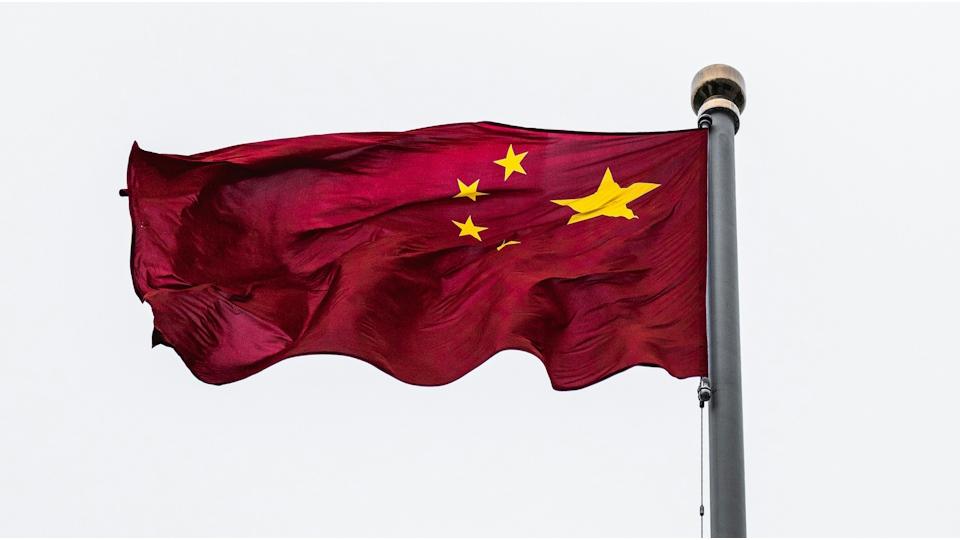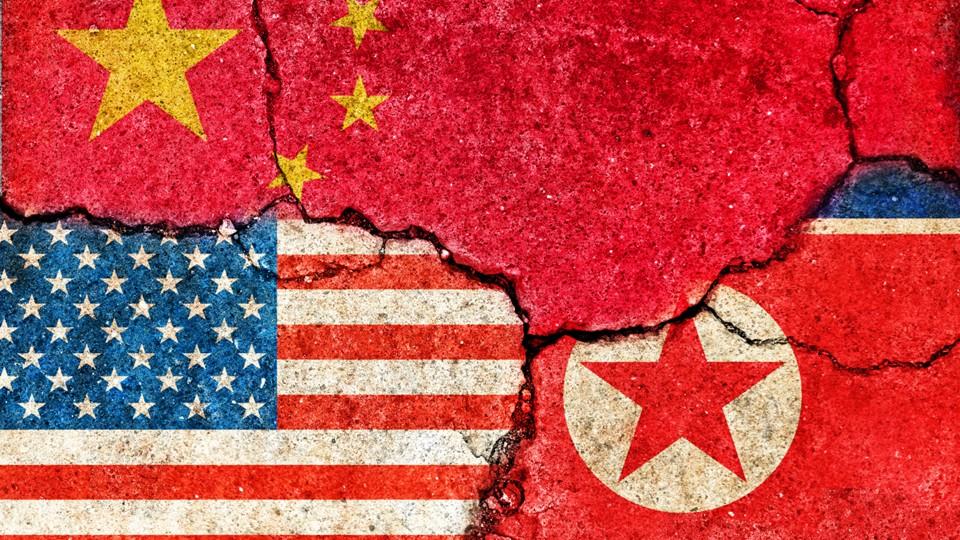Report claims WuXi shared US client IP with China

US intelligence services advised the authors of the BIOSECURE Act that that WuXi AppTec shared confidential data on US customers with the Chinese government, according to a Reuters report.
Citing two sources, the news agency claims that officials from the FBI, the State Department, and the Office of the Director of National Intelligence briefed senators on activity carried out by WuXi AppTec and others that was against the interests of US national security.
That included the sharing of a US client’s intellectual property (IP) that was transferred to China without consent, it says. The name of the client and the nature of the IP was not disclosed.
In a statement sent to Reuters, WuXi AppTec said it was “not aware of any unauthorised transfers by WuXi AppTec of any US client’s data or intellectual property to China,” adding: “Safeguarding our customers’ information is of the utmost importance to us, and we store it in keeping with their direction.”
The bipartisan BIOSECURE Act was tabled earlier this year and, if enacted, would restrict US executive agencies from contracting with some overseas biotech providers on data security concerns. It could also potentially limit the ability of US life sciences companies to contract with biotechs with ties to the government of China or other “foreign adversaries” if they receive federal funding or even participate in Medicare or Medicaid.
The bill specifically mentioned contract development and manufacturing organisation (CDMO) WuXi AppTec, which makes a significant proportion of its revenues from US contracts, along with other companies including BGI Group, MGI, and Complete Genomics.
Earlier this month, the company rescinded its membership of the Biotechnology Innovation Organization (BIO) after the trade organisation voiced support for the new legislation, which has been approved by a Senate committee.
According to law firm Foley Hoag, even though the Act is currently only under consideration and still needs to go through additional Congressional review and consideration, “given the strong bipartisan support for the bill and concerns from the national security community, it is expected that some form of the bill will become law in 2024.”
Last month, a group of lawmakers sent a letter to Secretary of the Treasury Janet Yellen, Secretary of Defense Lloyd Austin and Secretary of Commerce Gina Raimondo in which they called for sanctions on WuXi AppTec as well as its sister company WuXi Biologics, claiming they pose a national security concern.
Photo by Alejandro Luengo on Unsplash













